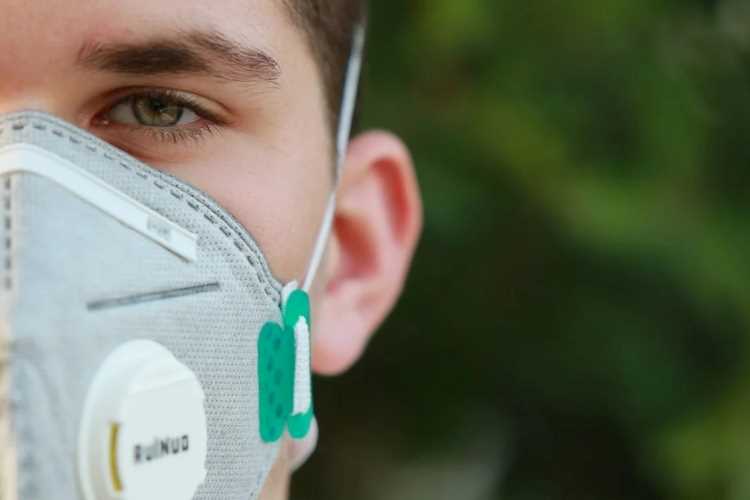
The world is witnessing the most severe public health emergency in more than 100 years. The Covid-19 outbreak has already exposed the healthcare systems in some of the most powerful nations in the world. Three decades of neoliberal policies that prompted governments to abdicate the responsibility of public health can be blamed for the high death toll in some European countries and the United States. The crisis could assume alarming proportions when the virus infects the poorer nations in Africa, Asia and Latin America.
The turn of the 20th century saw a major foreign policy shift in Latin America. China made inroads into the region in the 2000s with massive capital investments and infrastructure projects, taking advantage of the US preoccupation with other parts of the world. Most South American countries saw in China a trade partner that can replace the US. No wonder, South American countries are in the grip of Covid-19. Brazil, the largest country of the continent and the main trading partner of China in the region, recorded the first Coronavirus infection in Sao Paulo on February 26. The spread of the disease was slow in the region compared with Asia, Europe and the United States, but the possibility of a major crisis is very high due to the limited health facilities and control systems in the region.
READ: In depth: Seven ways coronavirus outbreak will change human life
Within a month, the number shot up to 3,904 cases in Brazil and 10,533 for the entire continent. This count does not include Mexico which has 848 cases and Central American countries with more than 1,350 cases in total. As per the latest numbers, Chile has 2,139 cases and Ecuador has 1,890. Argentina, Peru, Colombia, Uruguay and Venezuela have 745, 671, 608, 304, and 119 cases, respectively.
One positive aspect for the region is the low death rate because of the quick intervention by the governments to straighten the curve. Brazil has the highest number of deaths with 117 cases followed by Ecuador with 57. Though Chile reported 2139 cases so far, yet they manage to keep the death rate on a single digit, 7 cases. The first Coronavirus case was reported in Brazil at the end of February, but the first death in the region was reported from Argentina on 7 March after a 64-year-old man died in Buenos Aires. Mexico and Central America are also having single-digit death rate. News reports observe that the region gained two to three weeks lead time, compared to their European and US counterparts to address the medical emergency.
READ: Economy and governance in the time of coronavirus
As part of precautionary measures, by the second week of March, most countries in the region banned flight services from infected countries, suspended schools and prohibited large public gatherings. The third week of March, the countries in the region started following remote working policies, imposing self-quarantine and procuring testing kits and protective equipment for the health workers, and authorities were underway to roll out economic relief programs. Still, these measures are inadequate to address the crises emerging from the pandemic.
The initiatives appear to be too little for these countries that are already struggling with poor health systems that are grossly underfunded. These countries, already under the grip of a recession, cannot not bear another socio-economic crisis. Average per capita healthcare expenditure of Latin American and Caribbean countries is about $1000, less than a quarter of what Italy spends.
READ: Coronavirus pandemic exposes India’s online teaching prowess
Not all countries in the region are showing the kind of urgency needed in the face of a health emergency. Some of the largest countries are off the pace in addressing the economic aspects such as relief packages and loan and credit moratoriums. Brazil lost a lot of time due to a tussle between the finance ministry and the health ministry. On a positive note, some smaller countries are dealing with the crisis with a positive spirit. El Salvador, the tiny Central American republic, has decided to put a freeze on mortgage and credit card debt for those directly affected by suspending utility, cable, internet payments for three months. The amount will be redistributed interest-free over two years.
When the government failed or ignored to take proper action, the federal courts have intervened and ordered them to take measures to tackle the pandemic. In Mexico, when president Andre Manuel Lopez Obrador tried to ridicule popular sentiment by wandering publicly in the streets and tweeted selfies with people and asked people to read Gabriel Garcia Marquez’ ‘Love in the Time of Cholera’, the federal court directed the president to take all preventive measures and actions to detect infected people in the country.
(Dr P Ravindranathan teaches at the department of geopolitics and international relations of Manipal Academy of Higher Education.)
Dr Ravindranathan P teaches at the department of geopolitics and international relations of Manipal Academy of Higher Education.
